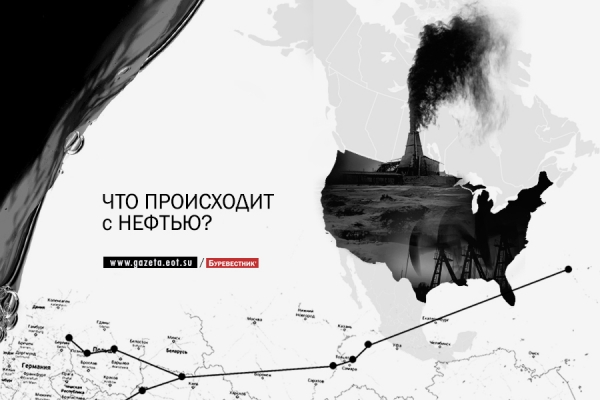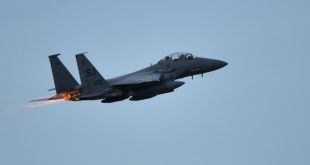
Major oil producers such as Russia, Venezuela and some countries of OPEC agreed to freeze the level of oil production for the sake of the situation on the energy market stabilized. In the negotiations involved Iran and Iraq, and many commentators suggest that this initiative they barely support. Most commentators Express about compromise skepticism, although some admit that’s kind of the positive effect of this can be.
It’s quite an abstract plan, says NY Times, but it shows how strong the shock is going through the oil market. For a long time some of the OPEC countries tried to stabilize at the level of rhetoric, but this method actually worked. Now the producers have a prospect really make a difference. It’s not such a radical measure as the reduction in production, as mentioned before, however, even just the refusal to increase production gradually (albeit not as quickly as in the case of reduction) to establish the situation on the market. However, the article presents the views of experts who believe that such half-measures will not help, and the only way out of the crisis remains the reduction of production.
The authors note that Saudi Arabia, the de facto leader of OPEC, has long resisted stabilize the market by reducing oil production and, conversely, increased the volume, even when prices fell sharply. The fact that Saudi Arabia had agreed in principle on a compromise that gives some hope that the initiative could work. In addition, “it is symbolic that Saudi Arabia and Russia now represent a unified front on the oil field. On the geopolitical level, these two countries are competing and support opposing forces in the Syrian civil war”.
The consensus was held with the active participation of Venezuela, which have been the most insistent on the need to regulate the production. It is explained in the article that the state of the economy critically depends on oil price and is now in an extremely difficult position. For Russia and Saudi Arabia falling prices, of course, too sensitive, but they initially were in better condition, so their tolerance to a reduction of income was higher.
The problem is, the authors note that in this arrangement few specifics. The parties agreed to freeze production at the January level only on the condition that other major oil exporters to do the same. But not all of them easily agree to that. First of all, this concerns Iran and Iraq. The market reaction to this news was typical. At first, when he first reported the existence of an agreement, the price exceeded $35,5 per barrel. Then, when it became clear reservations that can block the initiative, the prices decreased again.
Forbes is extremely skeptical. According to the commentator, plans to freeze production meaningless. At some time due to the freezing of income OPEC may rise slightly, but it will be very brief effect. In addition, such measures could act only if all market participants would freeze production, and to achieve this almost impossible. Of course, it is important, the author stipulates that in the transaction was part of Russia. But more importantly, neither Iraq (which is faster than all the OPEC increases production volumes) nor Iran (which so far is only going to become a leader on capacity) in the negotiations did not participate.
The Financial Times also expresses great expectations in connection with the agreement. Some market players, explained in the material, of course, will be happy about this turn of events. However, skeptics believe that many OPEC countries have already reached the limit of production, so freezing them at this level for a great role play. Freeze you in 2014, when prices just started to fall. But then, conversely, build-up began.







